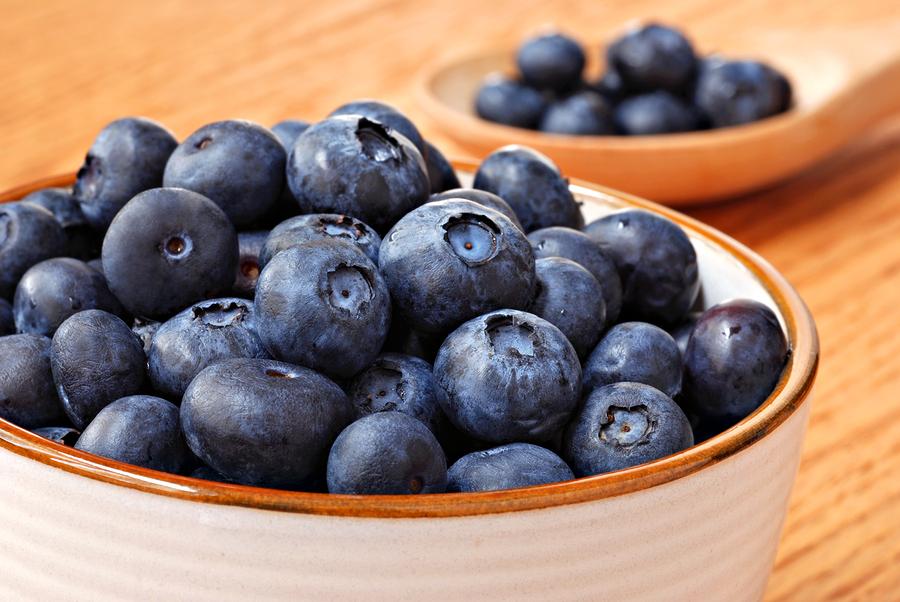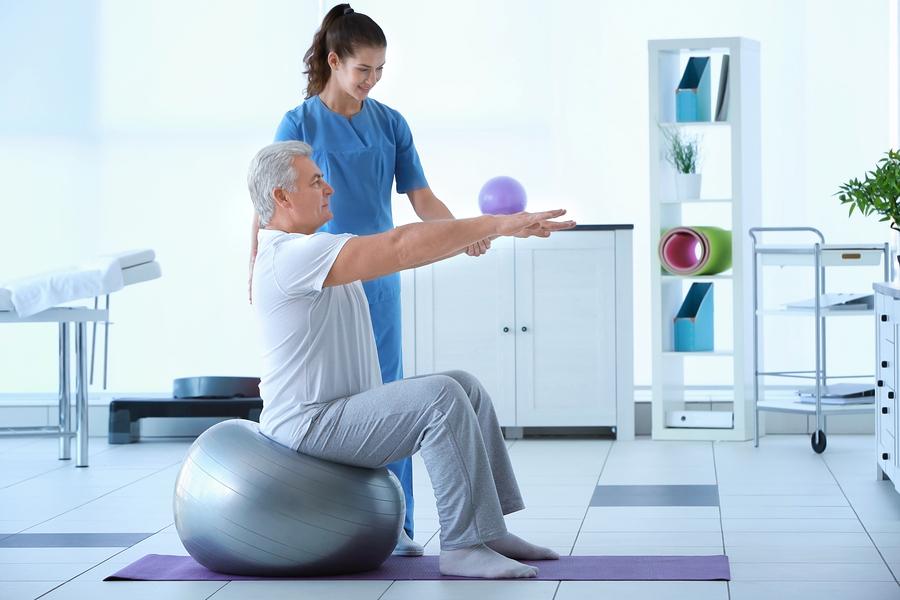Eating a diet that is focused around healthy, whole foods is one of the best ways to make sure that you build and maintain healthy bones. However, there are also other things that you can do to protect and maintain the health of your bones.
Adults generally have 206 bones – all made up of cells and connective tissues that need certain nutrients to thrive. The health of your bones can be negatively affected by several things, such as your age, your diet and your lifestyle. You may also experience an adverse health condition that impacts your bone health in some way. This could be due to a hereditary condition or the onset of an unexpected illness.
Experts have suggested that the bones in the body could be developing up until the age of 35 – at which point bone health then starts to naturally decrease.
Nutrition and Your Bones
When it comes to your bones, calcium is often considered to be the most important nutrient to include an ample amount of. As the human body does not produce calcium, it is essential to take this nutrient from dietary sources. In addition to helping you build strong bones, calcium is also necessary for muscle development and circulation.
Delicious calcium-loaded foods that you can eat regularly for better bone health are:
- Broccoli
- Almonds and other nuts
- Figs
- Oats
- Tofu
It is also important to get an adequate amount of vitamin D and protein if you are to build healthy bones. Furthermore, you should also aim to include vitamin C, vitamin K, phosphorous and magnesium in abundance! When it comes to vitamin D, it is quite simple for most people to get the right amount from spending just 15 minutes out in the sunshine every day! However, this isn’t true in all instances and some people should consider taking supplements. Consult your doctor if you are concerned about your vitamin D intake.
Exercise and Your Bones
New studies have shown that even one minute of high intensity exercise each day can be beneficial for the bone health of women. The study, conducted by the University of Exeter and the University of Leicester, has shown that if a woman engages in a short burst of high intensity, weight bearing, physical activity, then they will be helping to protect the health of their bones.
The research suggests that if a woman is premenopausal then running at a medium pace is the best choice, whereas if a woman has already passed the menopause then a slower pace is a better choice.
What’s the Deal With Osteoporosis?
Osteoporosis is a disease that increases the risk of the sufferer experiencing bone breaks and fractures. This is because the disease causes the bones to become week and prone to damage. As the disease progresses the body becomes less able to replace old bone tissue and the health of the bones progressively becomes worse.
Statistics from the National Osteoporosis Foundation show that approximately 54 million people are suffering with osteoporosis, or low bone mass, in the United States alone.
Of those people who suffer with this disease, it is estimated that one in two women over the age of 50 will break a bone because of it each year, and one in four men will experience the same problem. If a woman has already gone through the menopause then her chances of developing osteoporosis are significantly increased. This has led healthcare professionals to advocate for working to enhance the bone health of both premenopausal and postmenopausal women.
Protecting Against Osteoporosis
Leading a sedentary lifestyle increases the risk of osteoporosis presenting. There also appears to be a link between smoking and alcohol consumption.
According to the 2008 Physical Activity Guidelines, getting 150 minutes of physical activity each week is best for protecting against osteoporosis. However, if this amount of exercise seems unobtainable at first then the bones can still benefit from a lesser amount of exercise.
Building Healthy Bones
Addressing your diet and lifestyle early on in life is the best way to build healthy bones and maintain this health as you grow older. If you want to preserve your mobility, flexibility and strength for as long as possible then it is important to address this topic. Making sure you consume adequate amounts of the aforementioned nutrients (calcium, vitamin D, protein, vitamin C, vitamin K, phosphorous and magnesium) will go a long way to help, alongside undertaking regular exercise.
Eating Well
Healthy eating is a topic that we love to discuss regularly on our blog. This is because the benefits of doing so are incredibly far-reaching and can really help us all to enjoy better health as we age. Click here to read more about the positive impacts of a healthy diet! You can also check out our article from last week on how overnight oats can help to boost your health and save you money!
References
1) http://www.nhs.uk/Livewell/healthy-bones/Pages/food-and-diet-for-strong-bones.aspx
Related Posts
Cigarettes May Inhibit Inflammation Treatments
Axial spondyloarthritis, also known as AxSpa, is a chronic…









